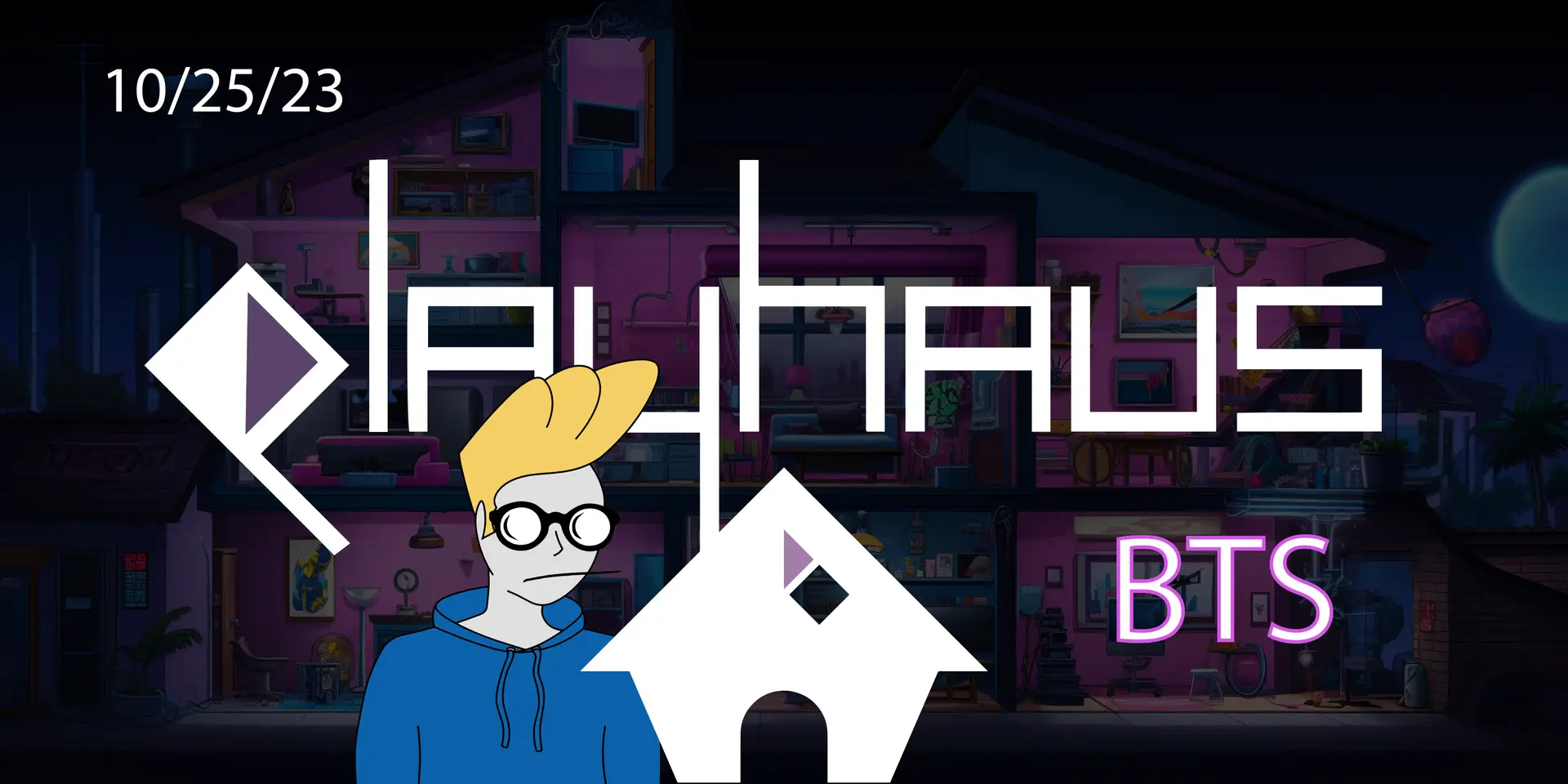Like an airdropped NFT designed to steal your IP address, we’ve Trojan Horse’d a little optimism in today with all those layers of reality. Once, there probably was something important on the Internet. Then, we got our hands on it.
Chad & El Prof
Markets
(Price changes reflect past 7 days as of 2.1.22 @ 4:20 PM EST.)
- I’m sure there’s plenty to say about the biggest loss in DeFi value since we started writing this newsletter… but it’s just no fun to say it anymore.
The world if white people hadn't found crypto first

In a spiritual companion piece to our call-to-optimism last week, I just dug up this WIRED op-ed from last month, which highlights the beneficial effects of crypto in Latin America and Sub-Saharan Africa. Does dedicating our Spotlight column to a month-old article expose my obsolete Internet habits? Absolutely. But, considering my default reaction to web3 news is the Withered Wojak meme, I’ll take any excuse to spread (genuine) positivity.

El Salvador’s hustlebro-in-chief, intent on putting the ‘dick’ in ‘dictator’, dominates most of the international Bitcoin discourse. But the article argues there are real benefits to crypto integration in less developed economies and authoritarian states.
Nigerians are able to shirk strict capital controls and move value across borders via stablecoins, while Cuban citizens use cryptocurrencies to circumvent oppressive U.S. sanctions and advance the nefarious Communist agenda by, like, selling Spotify gift cards and buying cheap shit online. Internet penetration in the latter is up 40% from 5 years ago. Trading volumes in the Global South match and may soon exceed those of North America.
TL;DR: It’s not all drug deals and Teejaux6-bar-worthy shills. Crypto opens the door for borderless economies, financial freedom for oppressed citizens, and international equity. Hell, even Axie Infinity, the infinitely mockable Neopets-on-bath-salts NFT MMORPG, is a major source of income in Venezuela and the Philippines, accessible to players in South Sudan and North Korea alike.
Will that keep me from dedicating the rest of today’s content to the rancid underbelly of blockchain technology? Course not. Still, as a lapsed political science major, it’s vindicating to know Sachs should’ve been writing smarmy white savior tomes about knock-off Pokémen all along.
[Insert your IP address here]

Continuing to stretch the definitions of ‘NFTs’ and ‘art’, today I’m reviewing a project from Nick Bax offering meta commentary on web2’s unsavory data mining practices — some El Prof pandering if I’ve ever seen it.
Basically, when you click on something in a traditional web interface such as http(s), bots, via APIs, can read your Internet behavior in real time. Despite their decentralized missions, MetaMask and OpenSea, being web2 properties in practice, both enable this vulnerability, leaving their users open to scraping attacks. So Bax decided to bring their capabilities to the forefront, with an NFT that will display your own IP address back to you as soon as you even view it on OpenSea.
Now, Bax’s artistic vision is clearly in the concept, not the execution — a borderline incestuous Simpsons x South Park mashup I almost projectile vomited at the sight of. Nevertheless, objectivity doesn’t exist in art, and it has successfully provoked a conversation, so I’d say it’s got as much artistic value as anything else on OS.
After all, it is a conversation worth having. Most NFTs don’t actually record files to the blockchain, but instead point as a travel sign to where the file packets are stored on a secondary distributed network, which can be updated to display with anything, at any time, if developed to do so. What value is there in publicly declaring an arbitrary pointer to a file on an immutable public ledger, if the underlying data can change without notice?
Just another example of the many paradoxes of the blockchain. Also, of me co-opting provocative conversations as a jumping off point for whatever the hell I want to talk about. Which is true ‘art’, if there is such a thing.
Asshodls all the way down

TW: This column contains references to racism, sexual impropriety, animal abuse, and excessive idiocy. It may impact your faith in the human race. Read at your own risk.
A web3 influencer and founder of Phunks NFT, Ryder Ripps, published a viral blogpost illuminating a number of circumstantial but also astonishingly convincing connections between Bored Ape Yacht Club and neo-Nazism. In return, he was doxxed as famous rapper/chicken-sacrificer Azaelia Banks’ ex-fiancée — the same ex-fiancée who allegedly coerced her into minting a sex tape as an NFT.
Technically, this doesn’t qualify for our scam-victim-honoring Kramer Award — that distinction should probably go to the guy who lost $500k in ETH last week for not reading the smart contract’s fine print. I was tempted to designate it a Use Case — technically, unfortunately, ‘revenge porn’ does qualify.
But the spirit of the award is to recognize the unique, lunatic cruelty you get when you mix a potent new technology, human nature, and a few lizard brains. Rarely has it been more recognizable than here. In this case, there’s not even a lovable rascal of a rugpuller to reluctantly respect. Whether BAYC is racist (probably), Ripps is a clout-chasing asshole (definitely), and/or Banks beheads innocent poultry for Brujerian rituals (video evidence), there are no winners today.
Just a treasure trove of content for the next great American poem:
I saw the best minds of my generation invest in meme coin, hodling, shilled, racist…
Coins as stable as my mental health

I appreciate Chad for keeping my feed curated with the best Internet garbage out there. Today, he sent me a conspiracy-theory-disguised-as-editorial titled ‘Snow Job’. The idea is that Big Banks (and, more importantly, the Washington bureaucrats that the author feels compelled to call out by name) seek to centralize control of DeFi by justifying regulation of ‘stablecoins‘ — cryptocurrencies pegged to USD.
Stablecoins are basically the dark web equivalent of Starbucks customer credit — an asset regarded by some internal system as revenue at the point of purchase, held as credit owed to the customer, should they choose to redeem it in the future. Most are literally tied to a Scrooge-McDuck-ian vault full of cash, gold bullion, or the blood of virgins. But sometimes, their value is insured through government bonds or the type of complicated math that almost kept me from graduating high school.
Bottom line, they’re the backbone of crypto liquidity — it’s easier and cheaper to convert Ethereum to, say, ‘USD Coin’ than actual USD, allowing for the sort of untaxable, border crossing transactions that cause Kim Jong Un and the current Chair of the Federal Reserve to lose sleep. Government regulation was inevitable.
The rub is, stablecoins don’t yet pass the ‘Howey Test’, which determines whether the SEC has grounds to regulate a financial asset. The government can regulate any investment contract, but that implies the promise of financial gain, while stablecoins only promise you can redeem them for a dollar. So it may be a while before this equitable technology gets nuked. The question is, will enough Americans adopt it before then to change the tide? Or will the right + click + savers win out in the end?
I wish Washington would recognize that NFT technology serves as a solution to their current problem with web2 technology businesses and consumer data ownership. It is literally a technology that can be publicly governed with transparent and efficient markets, facilitate standard regulated data models, and provide users with the choice to package and sell their data to businesses if they so choose. It provides a way to preserve the existing web2 infrastructure while removing the competitive advantage (read: predatory moat) of tech giants.
For our part, our company intends to use stablecoins to facilitate transactions for everyday businesses with a Point of Sales solution that can be a conceptual value accessible to our core customers. It’d be a shame to see ourselves on the backend of some regulatory system just because the geriatricacy thinks Finsta is a product.
SLOPPY SECONDS
- ‘Shadow government’ gets a web3 rebrand
- Who will win the web2 vs. web3 showdown? All I know for sure is, not us



